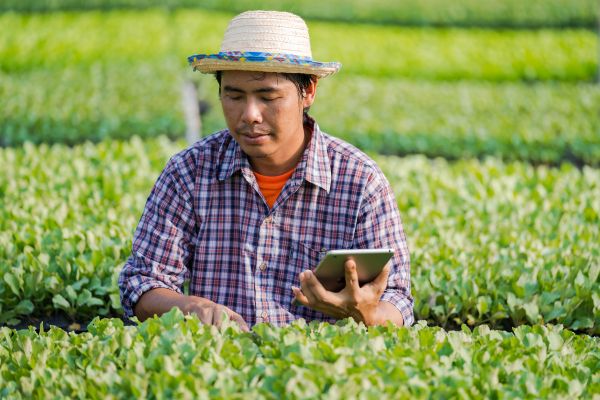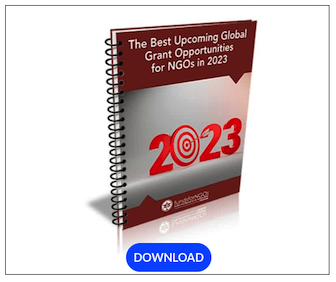
Deadline: 19-May-23
The Japan International Research Center for Agricultural Sciences (JIRCAS) is seeking nominations for the 2023 Japan International Award for Young Agricultural Researchers (Japan Award).
This annual award is organized by the Agriculture, Forestry and Fisheries Research Council (AFFRC), the Ministry of Agriculture, Forestry and Fisheries (MAFF), Japan, and supported by Japan International Research Center for Agricultural Sciences (JIRCAS).
Its purpose is to increase motivation among young researchers contributing to research and development in agriculture, forestry, fisheries and related industries in developing regions. Young researchers who show outstanding performance and research achievements that may lead to future innovation will be commended with the Japan Award.
Research Field
The award covers research areas in agriculture, forestry, fisheries and related industries in developing regions, including the food industry sector and the field of environment.
Award Details
- The award winners will be invited to Japan to receive their awards personally and present their research results and achievements. Depending on the COVID-19 situation, the organizer may decide not to invite them to Japan.
- The winners will be bestowed a testimonial by the Chairman of the AFFRC during the commendation ceremony and will also receive a cash prize of US$5,000 each from JIRCAS (MOTAI-JIRCAS Award*).
- *Mr. Shigeru MOTAI is a former Chairman of the AFFRC and the donor of this award. This award is supported by the Japan International Research Center for Agricultural Sciences (JIRCAS).
- Number of Awardees: Up to three award winners will be named.
Eligibility Criteria
- Candidates should be researchers who have the nationality of a developing country and/or territory, are under 40 years old as of January 01, 2023, belong to a non-Japanese research institute or a non-Japanese university, are engaged in research and development in agriculture, forestry, fisheries and related industries in developing regions, and fall under any of the following criteria (Note: Those who have applied for and missed the award in previous years are eligible to re-apply).
- Those who have shown outstanding performance in research and development in agriculture, forestry, fisheries, or related industries for a developing region, and who show great promise.
- Those who have shown outstanding achievements in research and development that will lead to future technological innovation in agriculture, forestry, fisheries or related industries for a developing region, and who show great promise.
- The winning candidates, in principle, must be able to attend the commendation ceremony and deliver a lecture in Japan, but the method of holding the commendation ceremony will be decided after taking into consideration the coronavirus infection status.
- The award winners will be decided from among the final applicants by the Chairman of AFFRC based on the outcome of evaluation and selection carried out by the Selection Committee.
Criteria for Selection
The Selection Committee will give consideration to the following perspectives in evaluating and judging the applicants’ performance and research achievements for this award:
- The research and development has shown abundant originality.
- Achievements in the research and development have been objectively evaluated, e.g., by being published in academic or technical journals.
- The research and development has shown consideration for the development of agriculture, forestry, fisheries or related industries in developing countries in terms of dissemination and commercialization.
- The research and development has shown potential for great development and for leading to future technological and methodological innovations, even when it might not be fully completed or not diffused enough at the present time.
For more information, visit JIRCAS.
